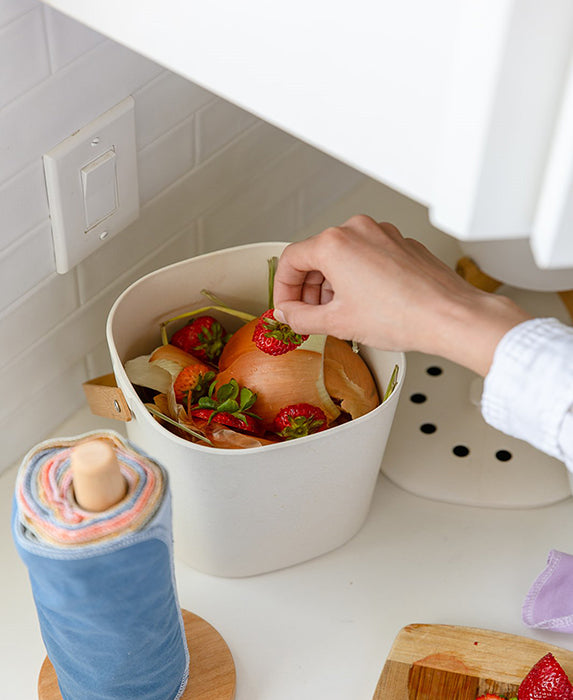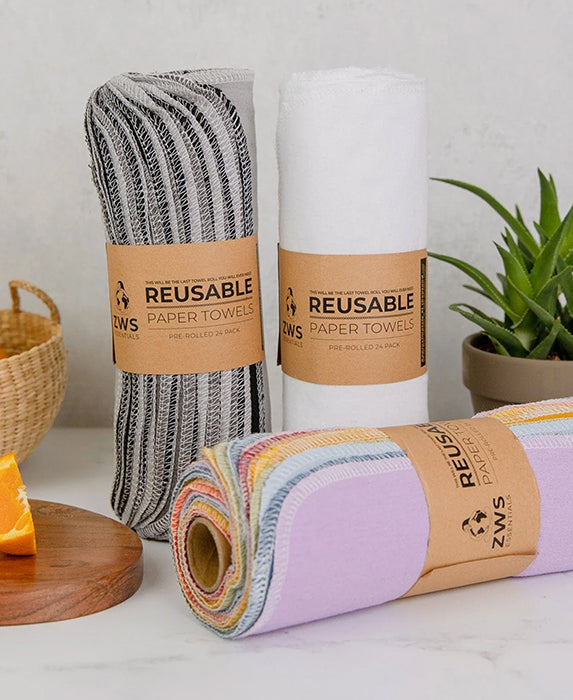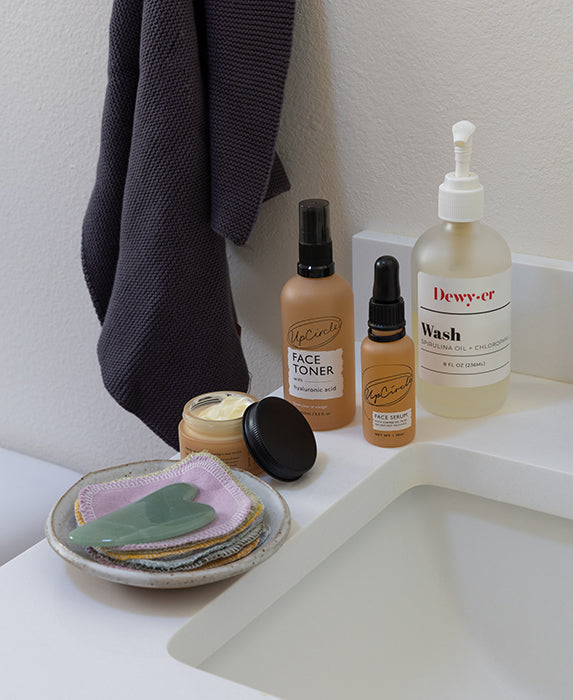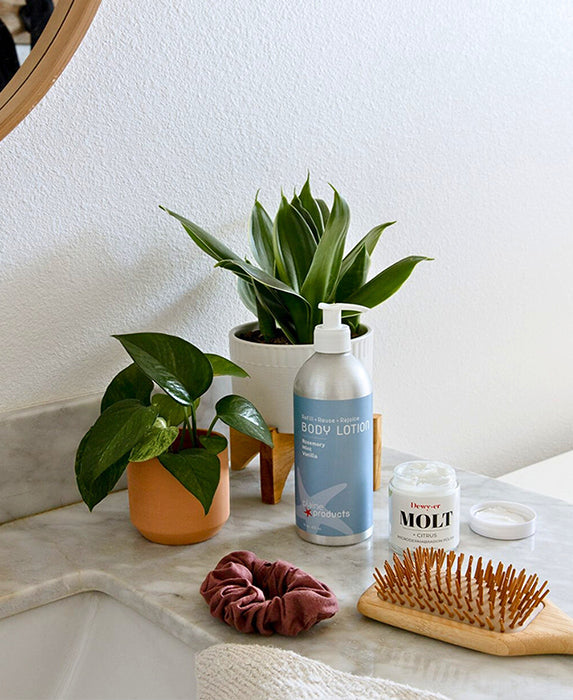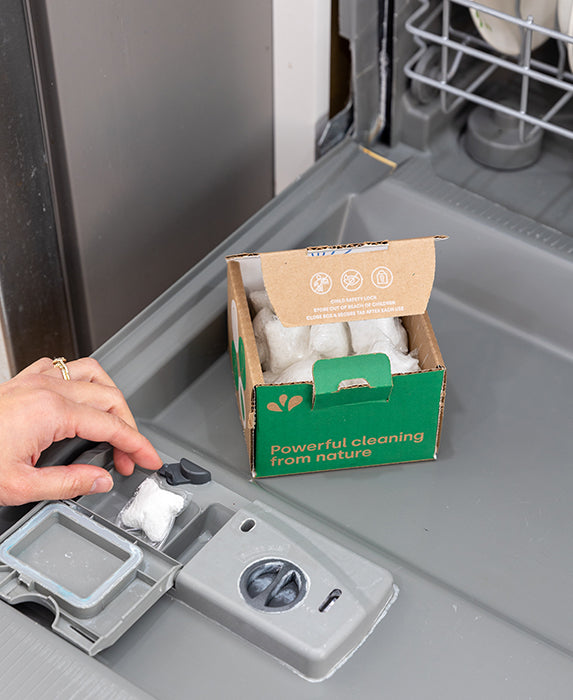Cora Ball
Microplastics or microfibers. We've all heard these words buzzing around the internet and alarming ocean lovers alike. These teeny tiny particles have been found to be polluting our waterways and marine life at a concerning rate and most often, originate from your washing machine. Clothing that contains synthetic fibers such as nylon, polyester, rayon, acrylic, or spandex, are essentially plastic and shed particles each time we wash them! This microfiber pollution ends up being eaten by ocean animals and then, in turn, ends up on our plates.
Rachel Miller, who has an academic background in underwater archaeology and marine studies, developed a deep love for everything water after growing up in upstate New York and spending the majority of her time these lakes, rivers, and oceans. This experience helped her realize the large scale problems the ocean is facing and so she started the Rozalia Project, which is dedicated to cleaning up the ocean, protecting the ocean, and making sure it thrives for future generations. Realizing that one of the easiest ways to clean up the ocean starts in our households, she invented The Cora Ball.
The Vermont based company is proud to offer the first-ever microfiber catching laundry ball. Inspired the way coral filters the ocean water from foreign particles, Cora Ball mimics that behavior and catches all the bad microplastic particles from your clothing before they make it to the water. The Cora Ball works in any washing machine, top of a front-loader, old or new. You simply throw the ball in with your laundry and it will catch microfibers as well as hair to prevent them from flowing out with the drain water. The best part is how easy it is to use. No plumber, no installation costs, and you don't need extra space. Once the laundry is done, you clean cora like you clean a hairbrush, taking out the bits of fuzz and putting them in the trash.
Rachel Miller, who has an academic background in underwater archaeology and marine studies, developed a deep love for everything water after growing up in upstate New York and spending the majority of her time these lakes, rivers, and oceans. This experience helped her realize the large scale problems the ocean is facing and so she started the Rozalia Project, which is dedicated to cleaning up the ocean, protecting the ocean, and making sure it thrives for future generations. Realizing that one of the easiest ways to clean up the ocean starts in our households, she invented The Cora Ball.
The Vermont based company is proud to offer the first-ever microfiber catching laundry ball. Inspired the way coral filters the ocean water from foreign particles, Cora Ball mimics that behavior and catches all the bad microplastic particles from your clothing before they make it to the water. The Cora Ball works in any washing machine, top of a front-loader, old or new. You simply throw the ball in with your laundry and it will catch microfibers as well as hair to prevent them from flowing out with the drain water. The best part is how easy it is to use. No plumber, no installation costs, and you don't need extra space. Once the laundry is done, you clean cora like you clean a hairbrush, taking out the bits of fuzz and putting them in the trash.


A human-scale solution to a microfiber problem
We love the fact that Cora Ball is a human-scale solution, to a huge global issue. Whether you are in a dorm, in a basement or at a laundromat, you can make a huge difference protecting the ocean and protecting the human food chain. Cora Ball has estimated that if 10% of US households used the product we could keep the plastic equivalent of over 30 million water bottles out of our oceans, lakes and rivers every year. That is HUGE! Even more huge, the Cora Ball itself is made from 100% recycled plastic that would have otherwise ended up in a landfill. We also love that large-scale organization are beginning to recognize the efficacy of Cora Ball. The company has been validated by organizations such as National Geographic, Our Ocean, and Think Beyond Plastic as being a real, scalable solution to microplastic pollution.

